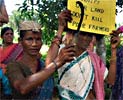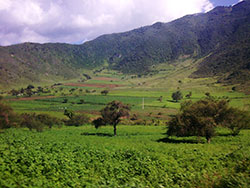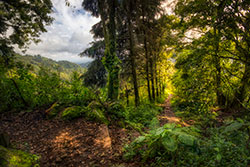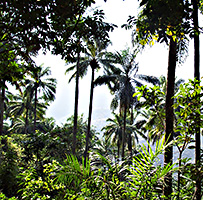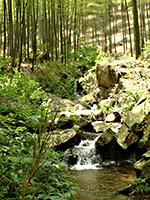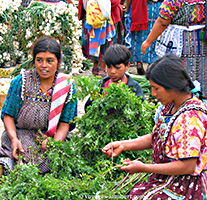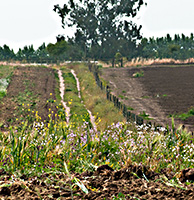A hacienda in Veracruz, Mexico – 1920
La Rosa Blanca
“A very warm welcome to you, señor gobernador, Mr. Governor, at hacienda La Rosa Blanca!” Jacinto Yañez beams with pleasure. There is nothing better than receiving visitors, and this time such a distinguished gentleman from the city. The governor looks kindly at Jacinto, and all the Indian women, children and men who have gathered around them. After a brief conversation, the governor together with Jacinto visits all the huts to meet the families. Here he strokes a small girl on her head, there he takes a toddler in his arms, and everywhere he hands out coins and sweets. He enjoys walking around on the hacienda, the estate, and looking at everything: the corn and sugar cane fields, the vegetable gardens, the communal pasture where the horses and mules graze, the forest with the stream where the women wash the clothes. He wants to see everything.
The governor finds himself in an awkward predicament. Last week he was visited by an important licenciado, an authorized agent, who complained that Jacinto didn't want to sell the hacienda to an American oil company for drilling. Even not for a very good price. Jacinto had been very obstinate. In his opinion he can not sell the hacienda. Officially he may be the owner, but in fact he is only the head of a community of sixty Indian families, which have lived here several centuries from generation to generation. This is their world, and he does not have the right to drive them out of it. So, he will not sell the hacienda, not even for a million. His ancestors would be furious with him, and his life would not be worth living any more.
The governor can understand Jacinto quite well, but the state of Mexico has a huge need for oil dollars, to rebuild and modernise the country after a long and bloody civil war. What should he do? He has been often been on haciendas, but these were all owned by white Mexicans from the city, for whom the estate was no more than a source of income, where a harsh manager held sway over a group of impoverished Indians. La Rosa Blanca is different, it is a simple, but pleasant, peaceful community.
In the evening the governor is sitting at a big bonfire together with Jacinto. All the people of the hacienda are sitting quietly around them. The governor and Jacinto talk about all sorts of things: about the different families, the mules and the corn, about the home-woven clothes, and the songs the children sing. But they don't talk about politics, because Jacinto doesn't know exactly who the president of the republic is, and he doesn't care.
The governor has never had such a beautiful evening. Slowly an idea develops in his head how he can save La Rosa Blanca, because it should never be lost. Then, the dancing starts. After a while the governor is dancing too.
_______________________
Source
The novel The White Rose (1929), written by the German author Ben Traven, depicts two entirely different worlds: that of a tremendously rich American oil tycoon, and that of an Indian peasant community. The contrast couldn't be more glaring.
Go to:
= the next page: Partisans - Mongolia – 1920, story 66.
= the Table of contents, story 65.
